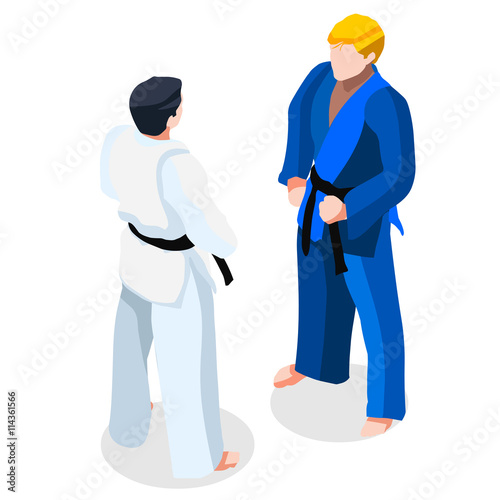Key Distinctions Between Typical Martial Arts And Modern Combat Sports: An Extensive Evaluation
Key Distinctions Between Typical Martial Arts And Modern Combat Sports: An Extensive Evaluation
Blog Article
Content Composed By-McGinnis Rocha
When you think about martial arts, do you lean much more toward the traditional methods or the modern combat sports? Each course offers distinct advantages and experiences, formed by their viewpoints and training techniques. Typical martial arts stress individual growth and discipline, while contemporary battle sporting activities concentrate on competitors and performance. Understanding martial arts cheltenham can direct you in choosing the ideal approach for your trip. Yet just how do these distinctions manifest in training and viewpoint?
The Approach and Background Behind Typical Martial arts
While lots of people connect martial arts with physical battle, the approach and history behind standard martial arts run much deeper. You'll locate that these disciplines emphasize individual development, technique, and regard.
Stemming from old methods, conventional martial arts were commonly created for Self-Defense and spiritual development. They symbolize principles such as balance, harmony, and self-discipline, guiding experts past plain battling skills.
As you train, you'll not only find out strategies yet also get insights right into the culture and values that shaped these arts. which martial arts are in the olympics and practices, frequently passed down via generations, cultivate a sense of community and belonging.
The Competitive Nature of Modern Fight Sports
Modern fight sports have changed the landscape of martial arts right into an extremely competitive field, where athletes take on in an examination of ability, approach, and endurance.
You'll discover that competitions are commonly organized with stringent regulations and regulations, making sure fair play and security. These occasions draw in big target markets, fueling the enjoyment and strength of competitions.
Athletes train carefully, not just for physical prowess yet also for mental durability, understanding that every detail counts in the ring. The adrenaline rush during competitions is palpable, as fighters press their limits to assert success.
https://www.wtkr.com/2015/02/20/viral-video-toddler-karate-kid-has-a-black-belt-in-cuteness appreciate the athleticism and creativity entailed, making contemporary combat sporting activities a thrilling phenomenon that continues to progress and captivate lovers worldwide.
Training Methods and Techniques: A Relative Evaluation
The competitive environment of contemporary battle sports needs ingenious training approaches that differ substantially from traditional martial arts.
In modern-day training, you'll concentrate on particular strategies, competing, and conditioning, commonly using drills that mimic genuine fight scenarios. You'll see an emphasis on measurable efficiency and frequent competition to evaluate your abilities.
In contrast, typical martial arts focus on forms, katas, and thoughtful teachings, typically stressing discipline and regard over competition.
Training is typically much less intense and might entail repetitive technique rather than real-time sparring.
While both techniques build skill and physical fitness, modern-day battle sporting activities provide a much more dynamic and versatile training setting, preparing you for prompt challenges in the ring or cage.
Choose the course that aligns with your objectives and passions.
Conclusion
In picking between conventional martial arts and modern combat sporting activities, it really boils down to what you value the majority of. If you're searching for individual development, discipline, and a sense of community, traditional arts could be your ideal fit. However if you prosper on competitors and real-time difficulties, modern combat sporting activities could be the way to go. Eventually, both courses supply special advantages, so it's all about straightening your training with your individual goals and rate of interests.
